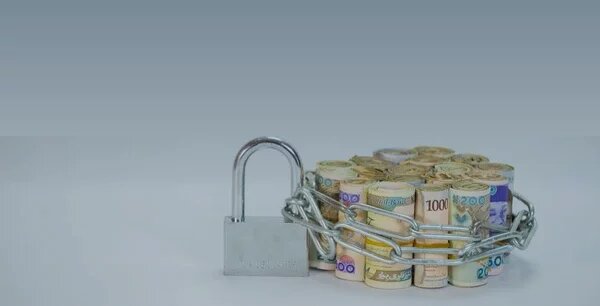
Nigeria’s debt burden is fast becoming unsustainable. Even before the economic impacts of the Covid-19 pandemic hit, the country’s debt already stood at historically high levels having more than doubled from 12.6 trillion Naira in 2015 to 27.1 trillion Naira at the end of 2019. By the end of 2021 this figure is expected to rise to 38.7 trillion Naira. Whilst the debt-to-GDP ratio remains low (estimated at a 35% for 2020), debt-servicing costs have reached worrisome levels. In 2020, the Federal Government of Nigeria spent the equivalent of 83% of its revenue to service debt. The debt service to revenue ratio rose to as high as 99% in the first quarter of 2020 as revenues dropped due to the collapse in global oil prices.
In essence, the nation’s debt profile is about where it was in 2005-06, just before Nigeria benefitted from massive debt relief as part of a programme coordinated by the Paris Club, IMF, World Bank and the African Development Bank. Another round of debt relief appears to be inevitable if Africa’s most populous country and largest economy is to evade bankruptcy. Although the external to domestic public debt ratio has remained favorable at 38:62, the structure of Nigeria’s external debt has fundamentally changed with commercial debt now making up a large chunk (about 40%) compared to the early 2000s.
Presently, the available debt-service-relief programme put forward by G20 countries under the Debt Service Suspension Initiative (DSSI) only suspends debt service payments for participating countries without reducing the debt stock.
However, advocacy efforts are ongoing to grant a new round of debt relief to developing countries most in need as the economic impact of the Covid-19 pandemic continues to be felt, threatening to push millions of people back into poverty.
Specifically, the Heinrich Böll Foundation in collaboration with the Global Development Policy Centre and the Centre for Sustainable Finance at the University of London is seeking debt relief for a green and inclusive recovery. The proposal commits governments receiving debt relief to align their policies and budgets with the 2030 Agenda for Sustainable Development and the Paris Agreement. This does not only make climate sense in a situation where the effects of global warming are becoming more severe but also offers great economic potential as evidence shows that green projects can generate more employment and deliver higher short-term returns per dollar spent, compared to conventional fiscal stimulus packages.
Given Nigeria’s institutional knowledge and experience in undertaking debt swaps from the last round of debt forgiveness, the alignment of the use of debt-for-climate swaps with the government’s plan to further develop the country’s green bond market, and the countries urgent need but low fiscal capacity to transition away from the fossil economy, the proposal appears to be a promising fit.
In order to present the relief proposal and its mechanisms in more detail and discuss its potential and relevance in the Nigerian context, the Heinrich Böll Foundation Abuja office together with the Centre for the Study of Economies in Africa hosted a webinar featuring the former Governor of the Central Bank of Nigeria, Sanusi Lamido Sanusi, alongside other economics experts.
You can watch the full recording of the event on our YouTube channel.
Online Roundtable Event - Debt Relief for a Green and Inclusive Recovery for Nigeria - Heinrich Böll Stiftung Abuja Office
 Watch on YouTube
Watch on YouTube
You can also download the full PowerPoint presentations here